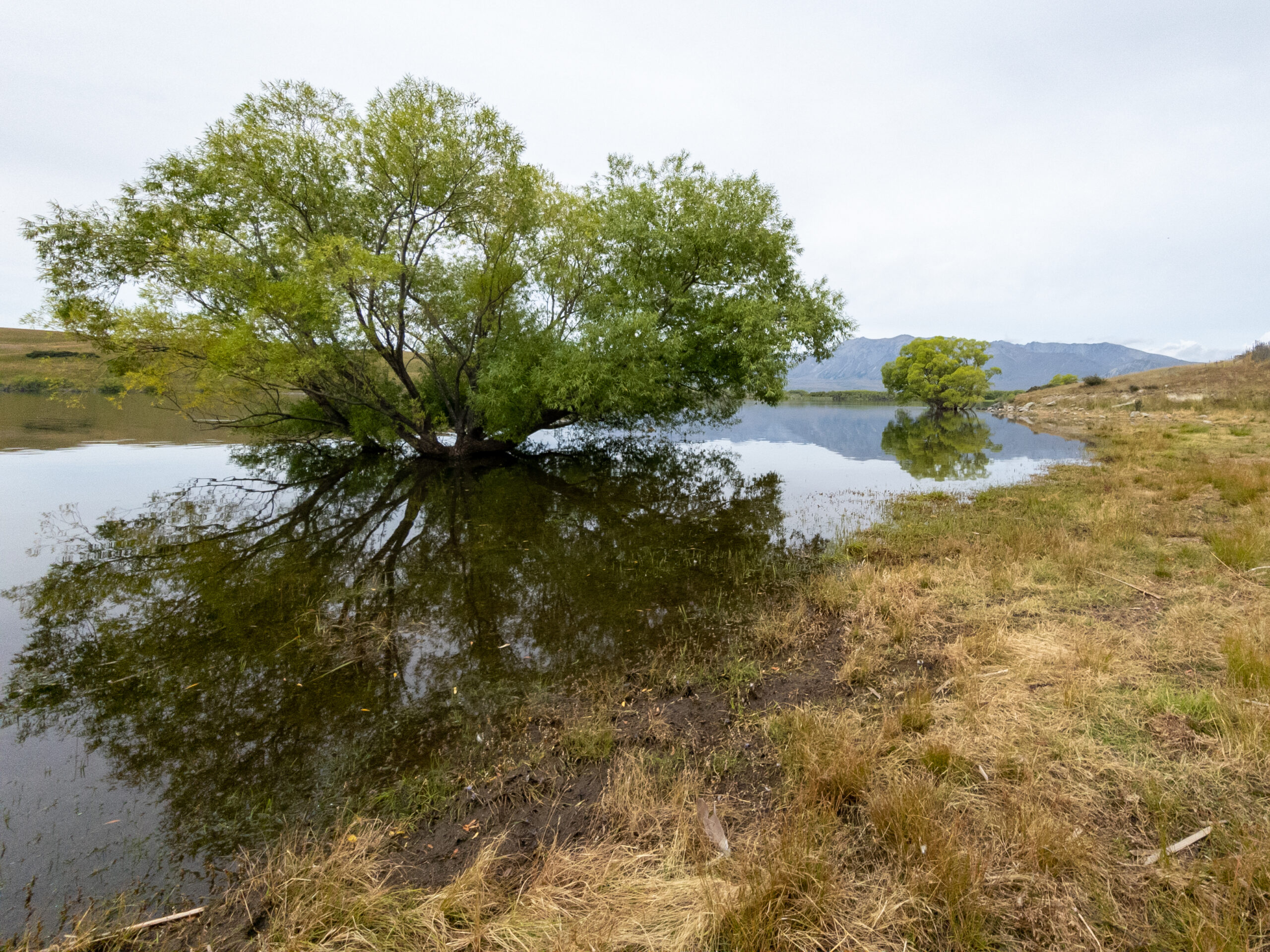FSDAi Invests in Ci-Gaba Fund, Supporting First Close of the USD 75 Million Fund to Unlock Ghanaian Pension Capital for Private Markets
Nairobi, 22 January 2026: FSD Africa Investments (FSDAi), a UK-backed specialist financial sector investor, has announced a USD 7.5 million investment in the Ci-Gaba (Progress) Fund, a Ghanaian-domiciled fund of funds designed to mobilise pension capital into private equity and private debt investments across Ghana and West Africa.
The investment supports Ci-Gaba’s first close of its USD 75 million fund and marks a major milestone for Ghana’s first private fund of funds focused on domestic capital mobilisation at scale. The first close attracted strong participation from Ghanaian pension funds, with commitments exceeding its USD 30 million target, demonstrating growing confidence in locally structured private market investment vehicles.
“We’ve reached this first close in record time, with more than two-thirds anchored by local pension funds,” said AnneMarie Chidzero, Chief Investment Officer at FSDAi– “Drawing on FSD Africa’s market-building work in Ghana, we have co-created and underwritten an investment vehicle that aligns with regulatory requirements and governance standards, enabling pension funds to invest confidently in alternative assets.”
Ci-Gaba’s fund will strengthen Ghana’s financial ecosystem by investing in both experienced and emerging fund managers operating across high-growth sectors including financial services, healthcare, agriculture, clean energy, education and technology. By channelling domestic institutional capital into small and growing businesses, Ci-Gaba is expected to support up to 25,000 jobs and contribute to enterprise growth, while helping diversify pension portfolios beyond traditional government securities.
“This marks an important step forward for the PE/VC ecosystem in Ghana and Africa at large. FSDAi’s investment is a strong vote of confidence in Ci-Gaba’s role in unlocking local capital, mobilising pension funds, and building a stronger, more inclusive market,” said Hamdiya Ismaila, CEO of Savannah Impact Advisory. “The investment process has strengthened our structure, aligned us with key stakeholder interests, especially pension funds and positioned us for scale. This is true catalytic capital, and we are excited about the opportunities and impact this partnership will unlock across the region.”
His Excellency, Dr Christian Rogg, British High Commissioner to Ghana said, “The UK is proud of our support to Ci-Gaba, which embodies a commitment to inclusive economic development that will drive private investment across West Africa. This is a clear example of putting the UK’s new Approach to Africa into action – one that moves the UK from donor to investor, built on respect, shared interests and equal partnership.”
For more information/queries on FSD Africa Investments and Ci-Gaba please contact:
FSD Africa Investments
Joyce Waihiga, Manager, Communications, FSDAi
joyce@fsdafrica.org
Ci Gaba
Dinah Hammond-Afful, Investment Manager, Savannah Impact Advisory
dhammondafful@siaghana.com
About FSDA Investments
FSD Africa Investments (FSDAi) is a specialist financial sector investor established by FSD Africa and the UK’s Foreign Commonwealth and Development Office (FCDO) to strengthen and deepen Africa’s financial markets. We bridge critical funding gaps by investing patient, risk-bearing capital in novel financial instruments, facilities, and intermediaries. Our strategic investments take on early risk, test new models and catalyse capital from others to gradually transition the financial sector to finance Africa’s economic resilience and growth. To date, FSDAi, backed by FCDO investment, has committed £150 million to 27 investments, and successfully exited two investments in the region, one at 2x money.
For more information, visit https://fsdafrica.org/fsdai-investments/
About Ci Gaba
Ci-Gaba (Progress) Fund of Funds, is a Ghana-based blended finance vehicle designed to mobilise domestic institutional capital—particularly pension funds—into SME and early- stage business finance. Ci-Gaba addresses key barriers that have historically limited local investor participation, including risk–return mismatches, currency risk, and governance constraints. The fund invests in a portfolio of experienced and emerging fund managers across priority sectors, while pairing capital with technical assistance to strengthen fund managers, SMEs, and pension trustees. By using catalytic capital to crowd in local investors, Ci-Gaba aims to demonstrate the viability of early-stage and SME finance as an investable asset class and to serve as a replicable model for domestic capital mobilisation in the region. The Fund is managed by Savannah Impact Advisory, a pan-African investment management firm specializing in fund structuring, VC/PE fund management, and impact investing. Ci-Gaba is sponsored by Impact Investing Ghana, the National Advisory Board (NAB) for the Global Steering Group for Impact Investment (GSG).




